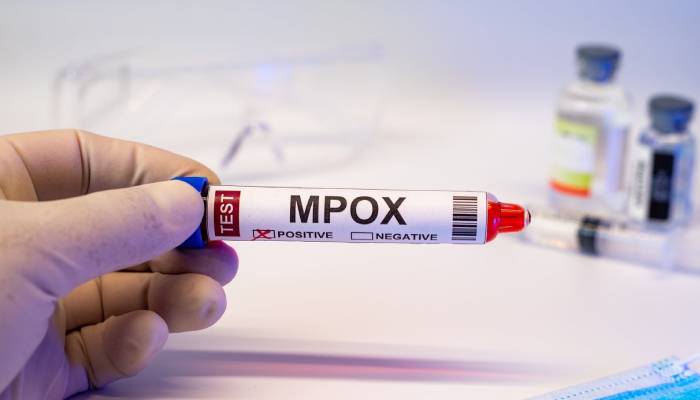
The World Health Organization declared a global emergency on Wednesday, August 14, amid the rising Monkeypox AKA mpox cases in Africa, alerting that the virus might spread beyond the international borders.
A more lethal strain of the mpox virus, called Clade Ib, is rapidly spreading in the Democratic Republic of Congo (DRC), which is now affecting the neighboring nations, leading the WHO to issue a public health emergency. The organization’s director-general, Tedros Adhanom Ghebreyesus, has expressed the alarming risk of further global outspread.
Here’s what you need to know about the mpox virus.
What is Mpox?
Mpox is a viral infection that is caused by the monkeypox virus, spreading mainly through close contact and sometimes from contaminated surfaces that had been touched by the affected person, explained WHO.
Additionally, in areas where the virus is present in wildlife, it can also be transmitted from the infected animals to humans who have come in contact with these animals.
Symptoms of Mpox:
Early symptoms of the virus include flu-like signs such as fever, chills, and fatigue, which then progress to a painful rash with raised lesions that become scabs and heal over weeks.
Where is mpox found?
The virus has been largely found in Central and West Africa for many years, with clade I being the most common in Central Africa and the Democratic Republic of Congo and clade II primarily from Nigeria.
How is mpox dangerous?
Outbreak of clade I had up to a 10% death rate, though the recent records have seen lower death figures. As for clade II, the fatality rate is less than 0.2%.
However, certain groups, including infants, those with weakened immune systems, and pregnant women, are more likely to face a higher risk of severe illness.
What are the treatment options?
Currently, there is no approved treatment option available for this deadly virus; however, there are some antiviral medications like cidofovir or tecovirimat, which are usually used for the treatment of other viral infections like smallpox. These drugs can somewhat keep the symptoms under control.
Vaccine for Mpox:
The WHO-recommended vaccines for the mpox virus include MVA-BN and LC16, with ACAM2000 as an option if the others are not accessible.















